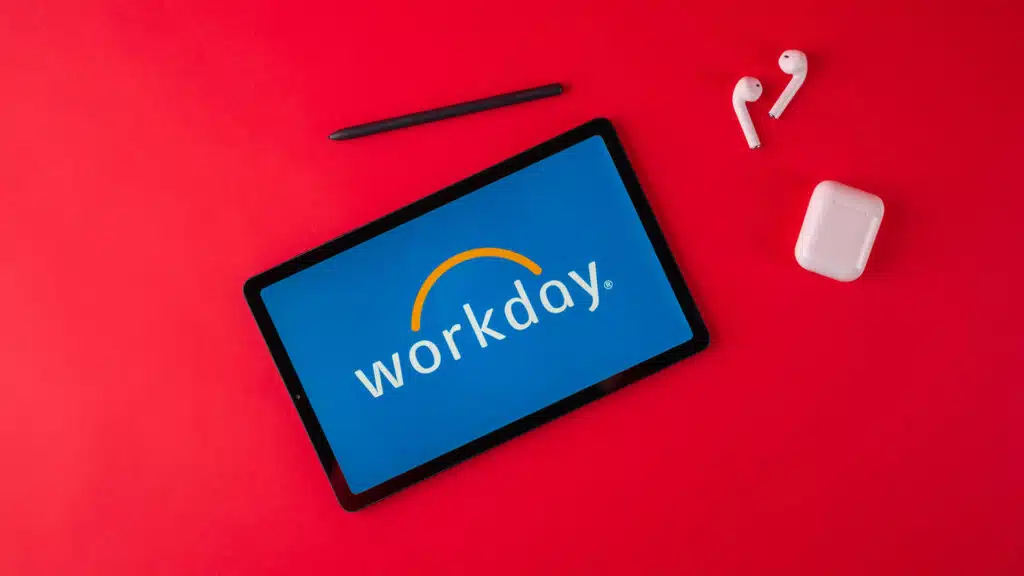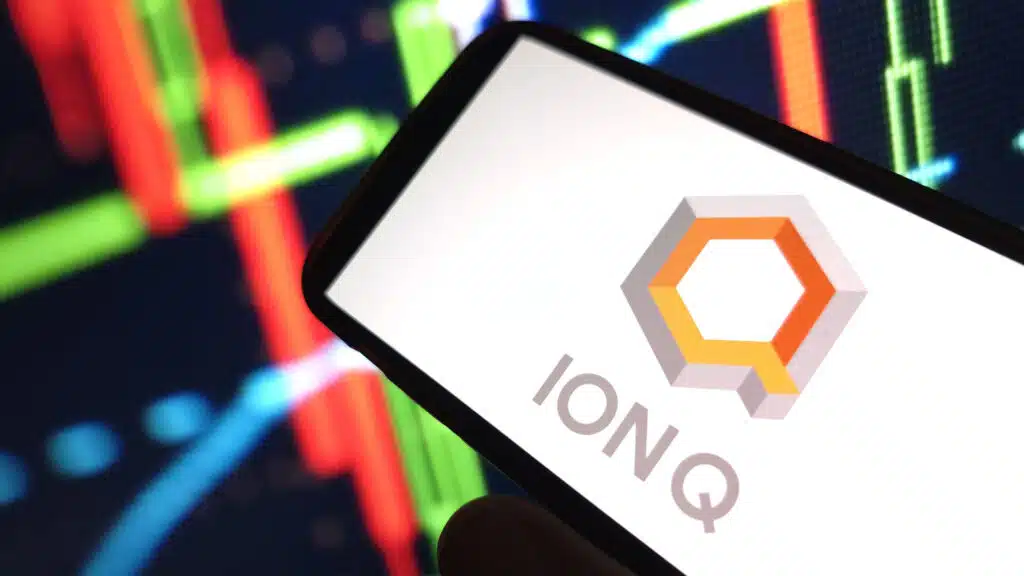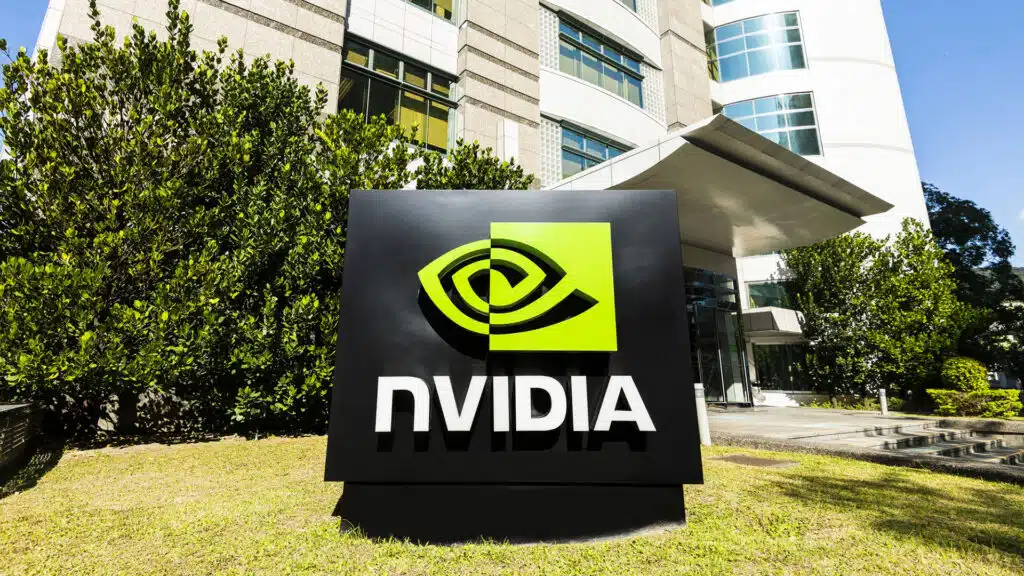The News: This week, HP Inc. introduced the first integration of a trust framework – Galileo – into an AI model development platform. The announcement expands HP’s efforts to make AI real for companies and people with new and transformative AI experiences across the company’s PCs, software, and partner ecosystem. Read the press release here.
Galileo Integration Brings Built-In LLM Trust Platform to HP Dev Workstations
Analyst Take: As the expansion of AI from the cloud outward to the edge and devices, HP is seizing on the market opportunity to empower everyone, “from corporate knowledge workers to freelancers and students,” as the company puts it, to unlock the power of AI for their own specific uses. For instance, the ability to connect with anyone in the world with real-time translation to 40 languages (so far), become better presenters, and quickly create videos, spreadsheets, presentations, reports, and other documents.
“AI is poised to be the most significant driver of change over the next decade, ushering in a new era of innovation driven not just by information, but actionable insights,” said Alex Cho, President, Personal Systems at HP. “HP is making AI real for companies with solutions like Z by HP AI Studio, for places and spaces with our latest hybrid work solutions, and for people with our first HP OmniBook Ultra,” (which I am touching on in a companion post).
Empowering Companies to Build and Use AI
One of HP’s predicates for a better AI value proposition is that only 33% of data scientists are satisfied with their current AI tools, and 81% lack confidence in their company’s ability to quickly deploy those tools (based on a Mosaic Group study of 800+ data scientists and data analysts in the US, Germany, UK, and China, April–May 2024) underscoring the urgent need for solutions that can transform business operations at a more agile pace.
HP is also adding new capabilities to the Z by HP AI Studio for faster and safer deployment of AI-powered applications, building trust into LLM development and customization. As the world’s most comprehensive workstation solution for AI development, Z by HP AI Studio empowers data scientists and AI creators to create models they trust with the integration of Galileo into Z by HP AI Studio.
With Galileo, users will be able to detect and correct hallucinations, drift, and bias in their models, while proactively protecting against inaccurate or biased outputs – all within the AI Studio platform. I believe this makes HP the only manufacturer, at least so far, to have developed an AI platform for workstations with built-in generative AI trust for LLM development – an important market differentiator, but also a much needed capability as LLMs continue to require inputs to detect and correct outputs.
“Allowing businesses to leverage their proprietary data without compromising security is critical for AI development, and Galileo is proud to join forces with HP to deliver solutions that add visibility, control, and trust to enterprise generative AI projects,” said Yash Sheth, Co-Founder & COO, Galileo. “By integrating our software and Luna Evaluation Foundation Models with Z by HP’s AI Studio, we are delivering unparalleled value for organizations seeking to responsibly harness the transformative power of AI.”
Z by HP AI Studio with Galileo integration is expected to be available in the fall of 2024.
Disclosure: The Futurum Group is a research and advisory firm that engages or has engaged in research, analysis, and advisory services with many technology companies, including those mentioned in this article. The author does not hold any equity positions with any company mentioned in this article.
Analysis and opinions expressed herein are specific to the analyst individually and data and other information that might have been provided for validation, not those of The Futurum Group as a whole.
Other Insights from The Futurum Group:
HP Q2 2024 Earnings: HP’s PC Refresh Supercycle Opportunity Comes Into Clearer Focus
New Snapdragon-Powered Copilot+ Windows PCs Redefine the PC Market
HP’s New Workforce Solutions for the Modern Workforce – The Six Five On the Road
Author Information
Olivier Blanchard is Research Director, Intelligent Devices. He covers edge semiconductors and intelligent AI-capable devices for Futurum. In addition to having co-authored several books about digital transformation and AI with Futurum Group CEO Daniel Newman, Blanchard brings considerable experience demystifying new and emerging technologies, advising clients on how best to future-proof their organizations, and helping maximize the positive impacts of technology disruption while mitigating their potentially negative effects. Follow his extended analysis on X and LinkedIn.







